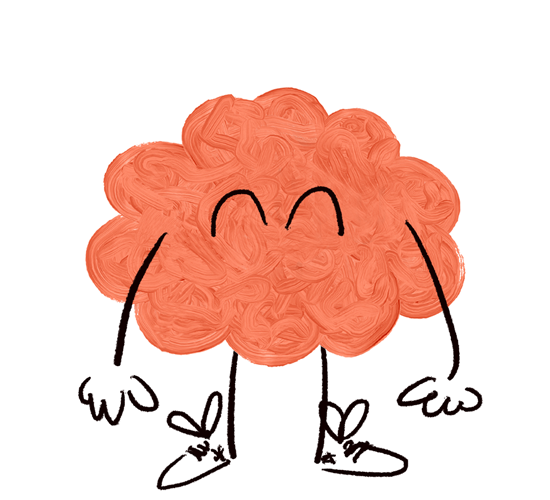An eating disorder is a mental health condition where you use the control of food to cope or manage your feelings. Examples of unhealthy eating behaviours may include eating too much or too little, or becoming obsessive with eating patterns.
Common types of eating disorders include anorexia, bulimia, binge eating, and avoidant/restrictive food intake disorder (ARFID). The signs and symptoms differ across the types of eating disorders. Anyone can get an eating disorder, but the NHS states that young people between 13 and 17 years old are mostly affected. With treatment, most people can recover from an eating disorder.
If your child has an eating disorder, they may be struggling with some of the below:
Children and Young People from Bolton can access the Bolton & Wigan Children’s Community Eating Disorder Service (CEDS) which is provided by Greater Manchester Mental Health NHS Foundation Trust. Your child will need a referral into this service and that can be made by a GP, Teacher, School Nurse, Social Worker or other Health Professional.
If you are wanting some advice and support around eating disorders you can also contact the Beat Helpline on 0808 801 0677 which is available every day 9am – midnight during the week and 4pm – midnight on weekends and bank holidays.

Beat provide some helpful advice if you’re concerned that a friend of family member might have an eating disorder
An overview of the Children and Young People’s Eating Disorder Service provided by GMMH
Beat run a number of skills workshops for parents and carers supporting someone with an eating disorder
Families Empowered And Supporting Treatment for Eating Disorders are a are a global community of parents and carers, and those who support parents and carers in families affected by eating disorders
Ways in which you can see the signs of an eating disorder in your child
Be Body Positive provides support for young people, parents, carers and professionals to improve eating behaviours and relationship with food and to build a positive body image.
BBC Teach explore what it is like to battle with an eating disorder.
Beat have developed a poster highlighting the first signs of an eating disorder
NHS Greater Manchester have produced a 2 page overview of support if you are worried someone you care about is showing signs of an eating disorder
Young Minds have produced a helpful guide for parents and carers that are worried their child has an eating disorder
A guide developed by Kelty Mental Health Resource Centre to support the parents and carers of a child with an eating disorder
Local information about services available to support your own mental health
Local information about services available to support your child’s mental health